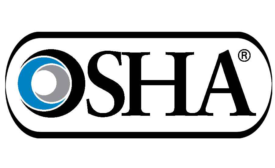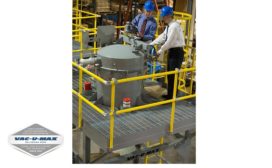Government Safety Regulations
AHA says proposed rollbacks to school food programs will harm health
“It is shocking that the USDA has decided to once again put the health of our children at risk"
January 20, 2020
Suit filed against new pork company self-inspection rule
“The USDA is letting the wolf guard the hog-house”
January 14, 2020
Protecting the Plant from Catastrophic Combustible Dust Explosions
Industrial vacuums are the right tool for preventing secondary explosions
January 13, 2020
Never miss the latest news and trends driving the safety industry
eNewsletter | Website | eMagazine
JOIN TODAYCopyright ©2024. All Rights Reserved BNP Media.
Design, CMS, Hosting & Web Development :: ePublishing









